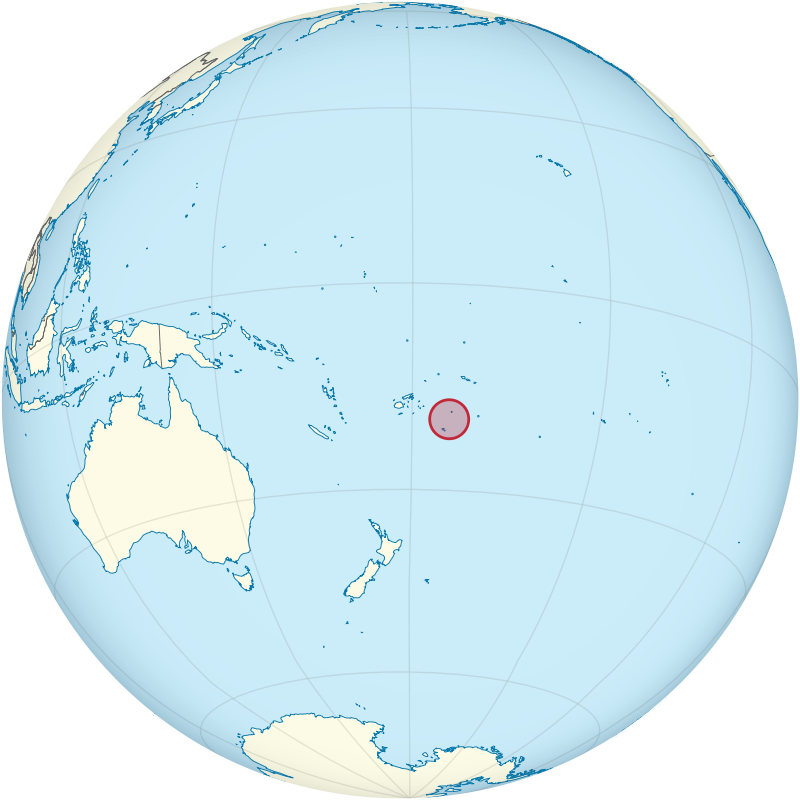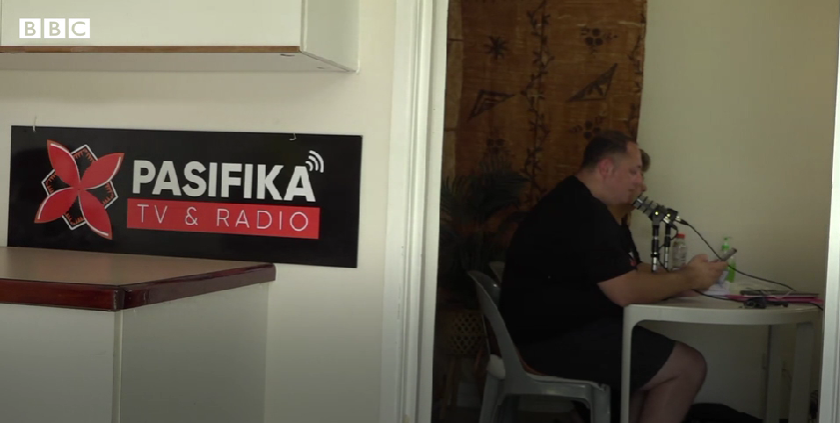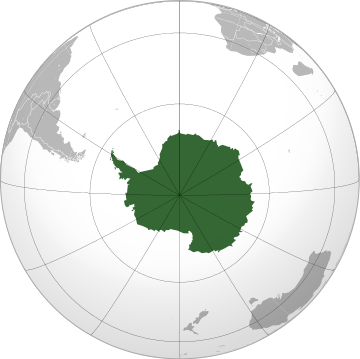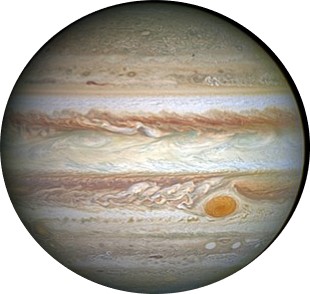
It looks like much of the country will be suffering from a wintry stretch here in late January. Par for the course, perhaps, but still a great time to pack a bag to see if a change of scenery might be just what you need.
And it turns out, there’s radio in some faraway, remote places that might prove to be just the thing. Today’s “Junk Drawer” takes us to three out-of-the-way spots.
If travel guide extraordinaire, Rick Steves, can take you to the pyramids, on safaris, or to the beaches around the world, I can be your Sherpa to surprising places where there may not be much humanity, but there is radio.
Destination #1: Tonga – You may be well-traveled, but chances are, you’ve not vacationed in Tonga, an island nation in the southwest Pacific Ocean. 
They’ve had some incredibly bad fortune these last couple weeks. First, a volcano and then a tsunami left Tongans without communications in the middle of a dire emergency.
Not only could Tongans not communicate, they lost touch with the world when an undersea cable was severed.

Radio to the rescue. A community broadcaster, Pasifika Radio, was highlighted in a BBC News video, bringing Tongans updates on the emergency.
But they also provided a chance for locals to tell their stories and share their experiences. Pasifika’s online stream helped Tongans all over the world stay up to date with the goings-on during the emergency and its aftermath.
In other words, what radio always does best.
You can watch the BBC News video here.
Destination #2: Antarctica – Called “the world’s most remote – and coldest – radio station” by Spin, Ice-FM is actually broadcasting on an American research base in a place called McMurdo Station.
Station.
This isn’t a startup. The base has been open since the mid-1950’s where scientists are busily doing research in any number of fields, including astrophysics, biology, and glaciology.
Ice-FM is the American Forces Antarctic Network, broadcasting at 104.5 on the frigid FM radio dial. As you can imagine, this is one difficult place to live, so the radio station performs important informational and entertainment duties.
Staffed by volunteer DJs, Ice boasts more than 12,000 vinyl albums. When the jocks aren’t on the air, they’re busily doing other tasks on the base. As you might imagine, the format is very eclectic, reflecting each DJ’s tastes, from metal to corporate rock.
The station is a popular place to hang out. In the summer, about 75 McMurdo employees volunteer. As you might imagine, it gets sparser in the wintertime when more like 30 hardy souls keep the station on the air.

The staff veteran is Kristyn Carney (pictured) who’s been at McCurdo for more than two decades, and a long time Ice-FM volunteer. What service does the station provide? As she sums it up,
“It’s…great for morale. It’s exciting. Most people in the world won’t get an opportunity to work the DJ equipment that we have or host a show.”
Especially in an unrated market like McMurdo Station. Imagine the remotes, or climbing up the tower to change a lightbulb.
You can read the Spin story about Ice-FM here.
Destination #3: Jupiter – No, not Jupiter, Florida. JUPITER!

You thought Tonga and Antarctica were out-of-the-way places. How about planet Jupiter, the fifth rock from the sun and the largest market…er, planet…in the entire Solar System?
And soon there may be jovian job possibilities for fledgling radio broadcasters. That’s because NASA’s Juno mission has discovered an FM radio signal coming from Jupter’s largest moon, Ganymede.
Juno didn’t detect any music – or commercials, for that matter. The scientific name for this FM signal is called a “decametric radio emission,” better known as Wi-Fi.
A radio signal from Ganymede isn’t the first oddity about this moon. Four years ago, NASA’s Galileo Probe found powerful electromagnetic waves – or Chorus waves – there. And the Hubble Space Telescope discovered an underground ocean on Ganymede. So, who would be surprised by a radio tower?
For job seekers, however, Jupiter’s distance from Earth – more than 542 million miles away – makes it unreachable – for now. Even Jeff Bezos or Richard Branson can’t get you there – yet.
But there’s always a voicetracking gig.
Information about Jupiter’s odd FM signals here.
- What To Do If Your Radio Station Goes Through A Midlife Crisis - April 25, 2025
- A 2020 Lesson?It Could All Be Gone In A Flash - April 24, 2025
- How AI Can Give Radio Personalities More…PERSONALITY - April 23, 2025




I saw that Spin story (#2) last week and tried to find the station on the internet, but it seems the bandwidth constraints that prevent McMurdo denizens from listening to the rest of the world’s radio streams also disallow export of their own signal to the rest of us. Too bad! But it warms my heart to learn of their existence.
Exactly, John. Comforting to know there’s a radio station in the middle of Antarctica serving its community. And that so many members of that base believe working in radio is a rare privilege. Thanks for the comment.
👏
Appreciate it